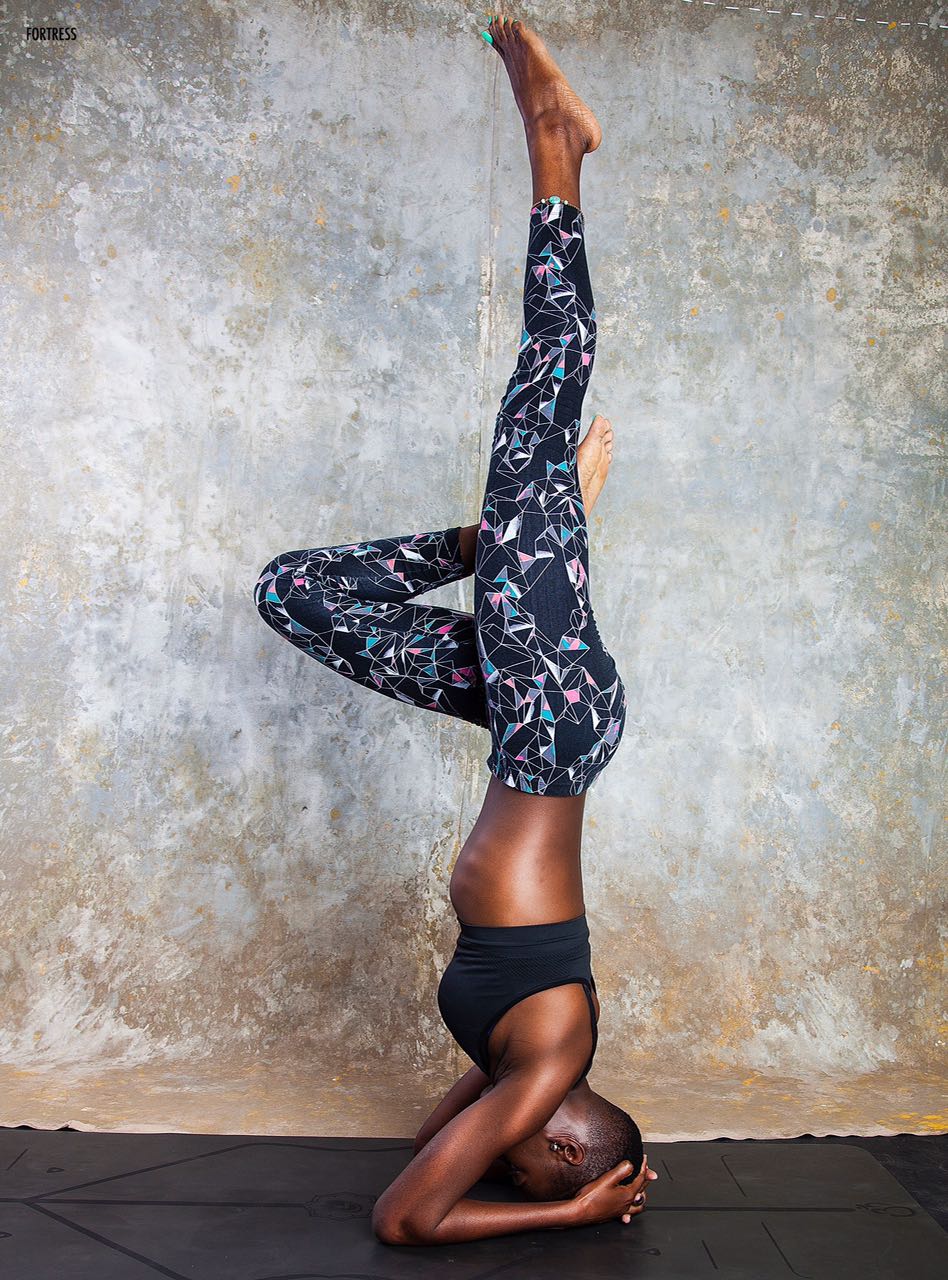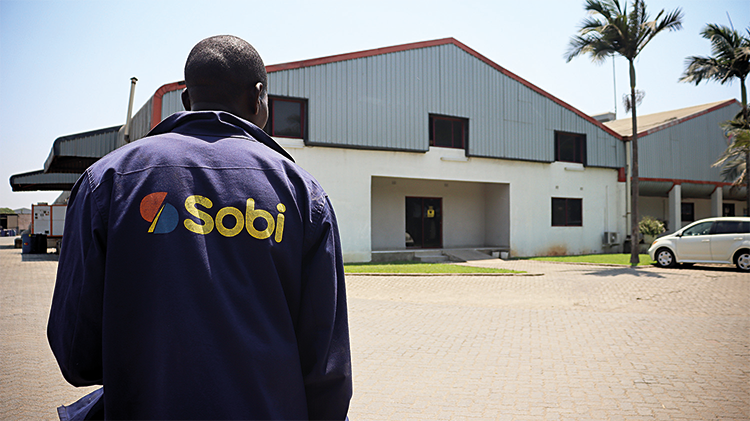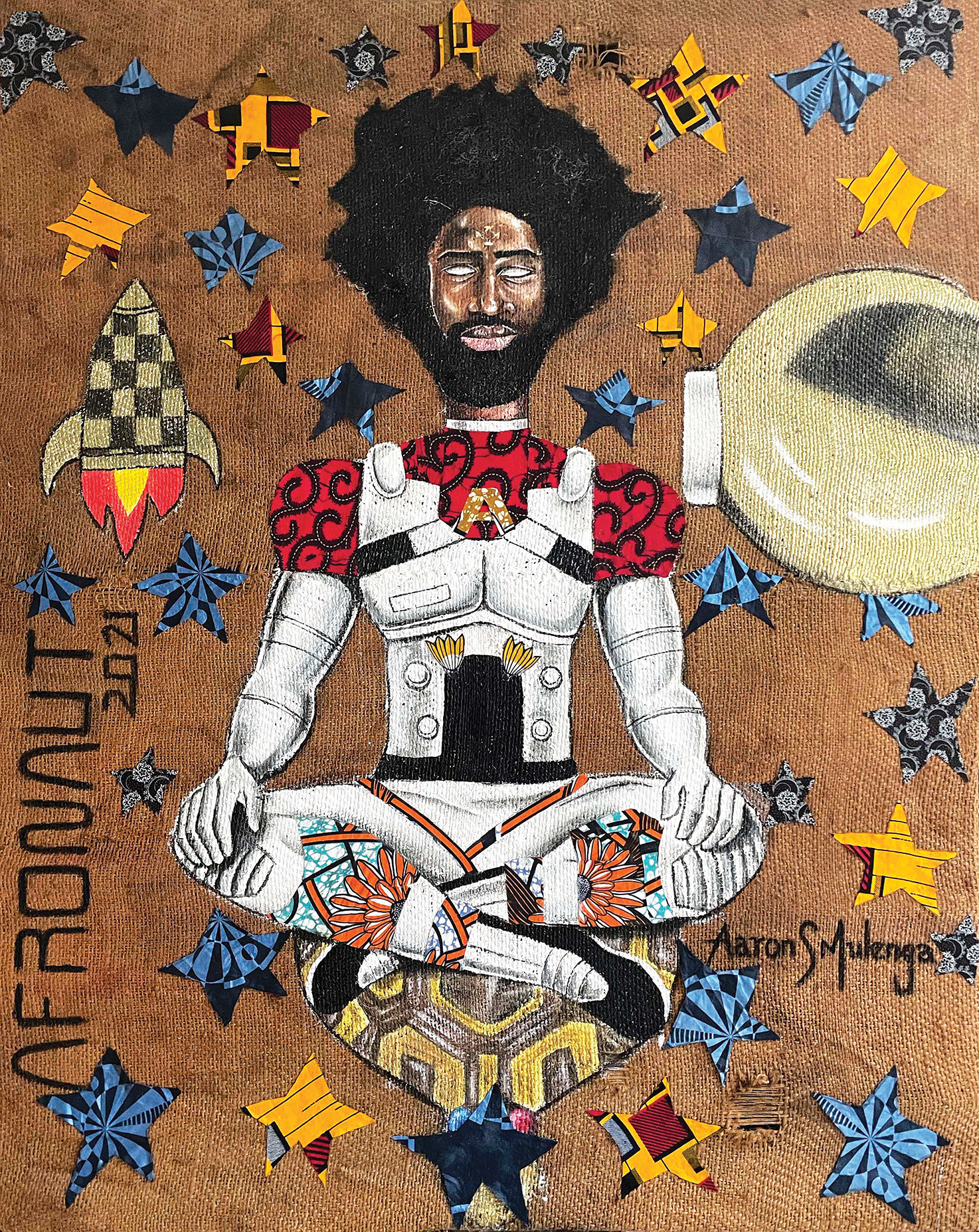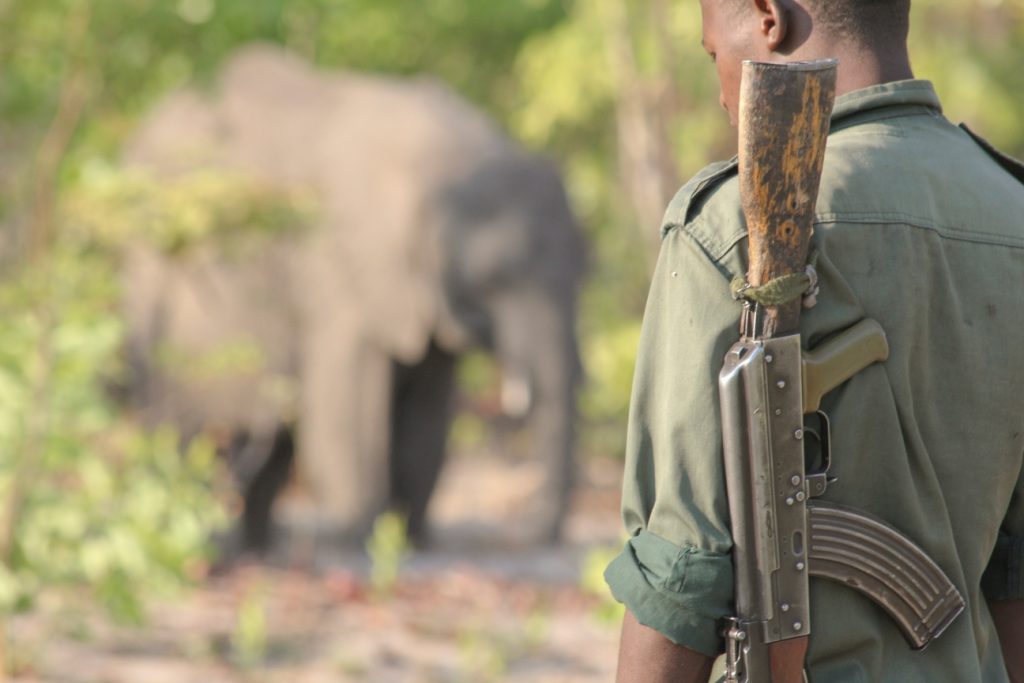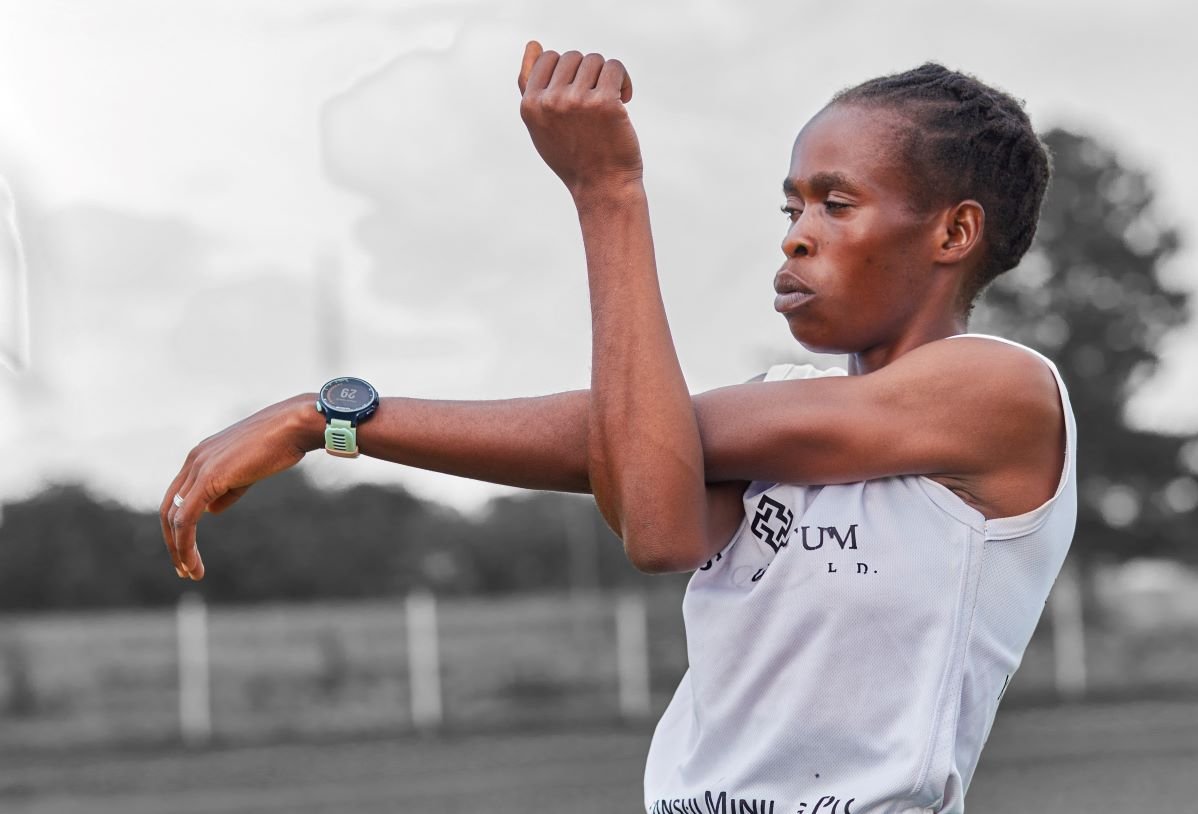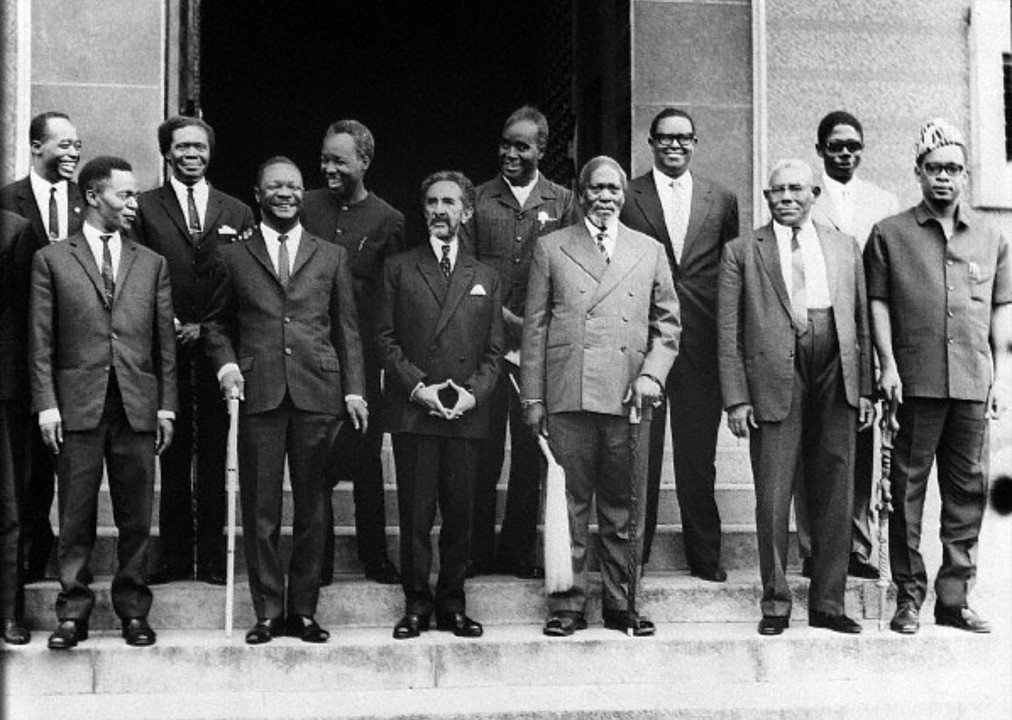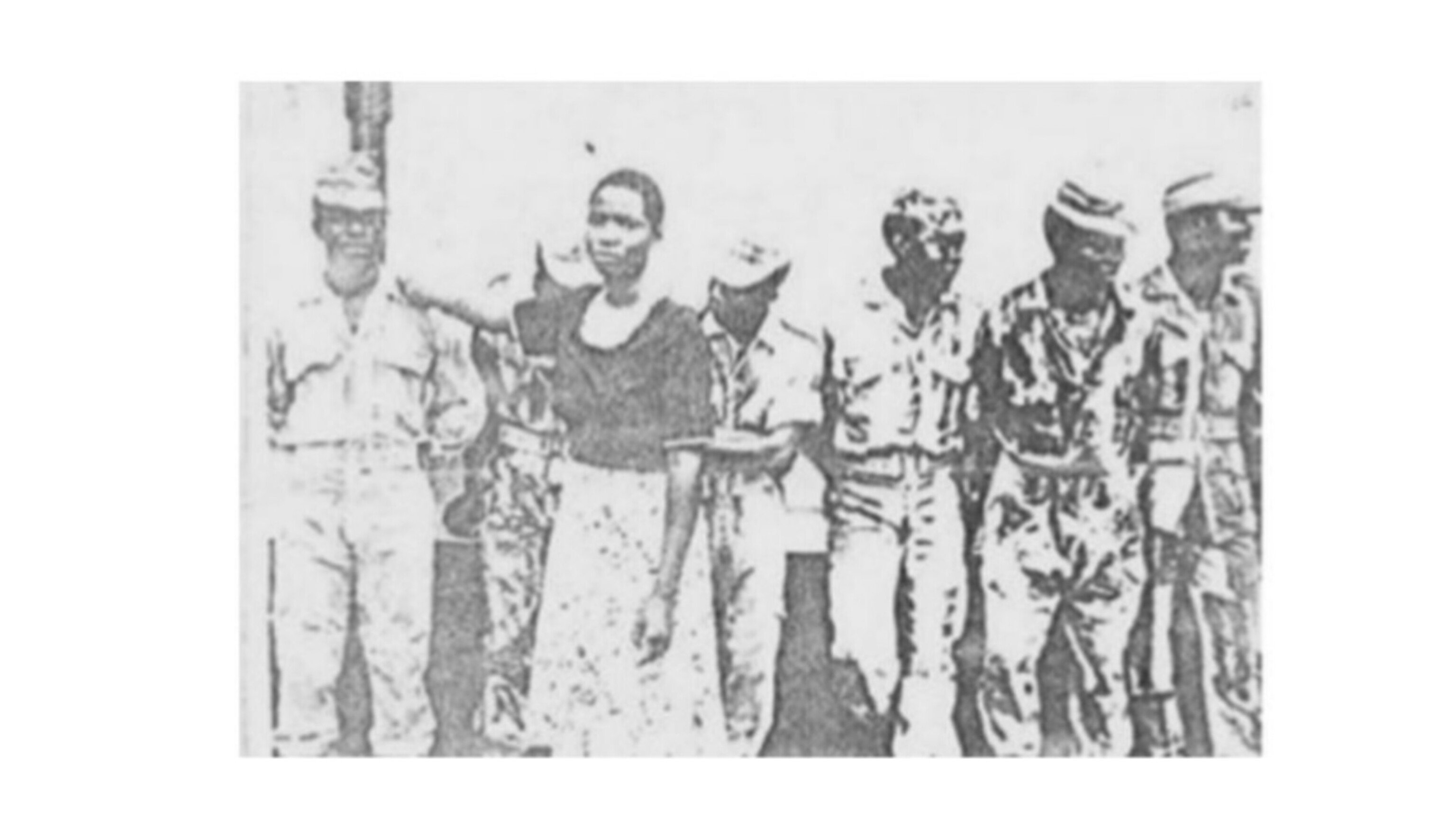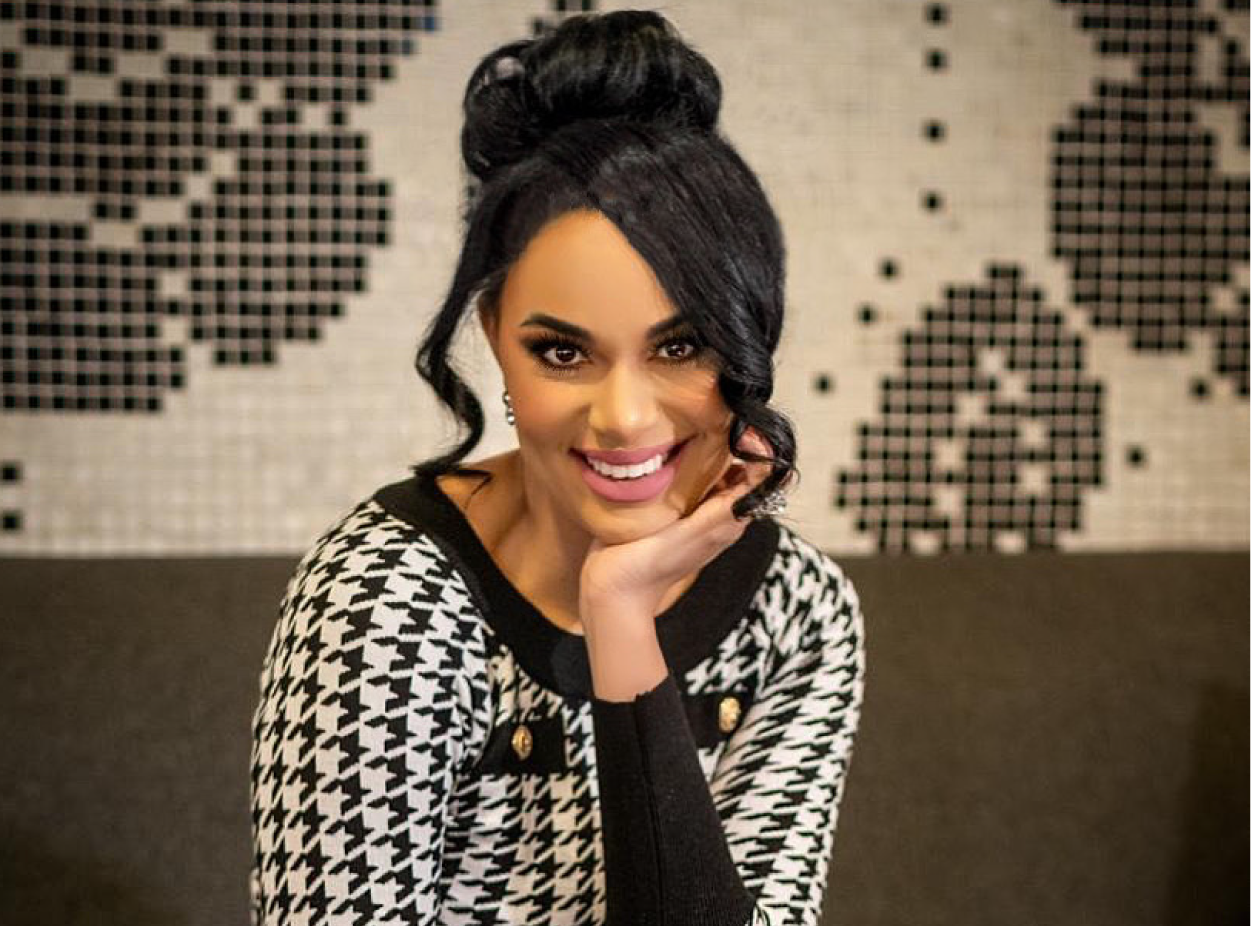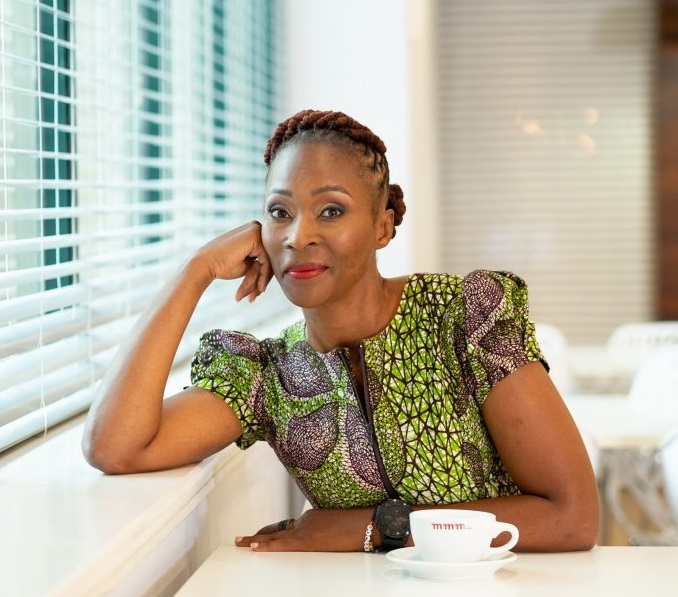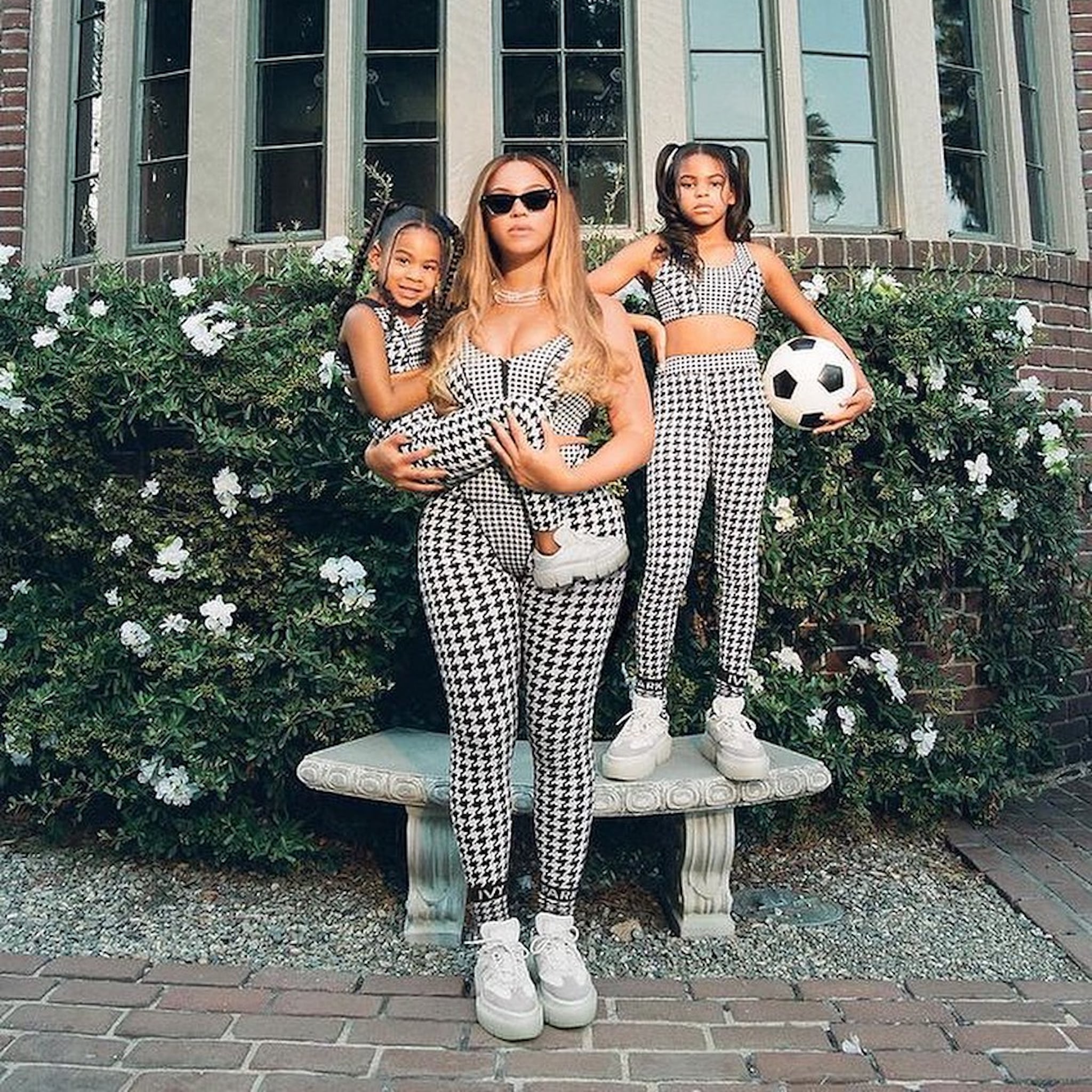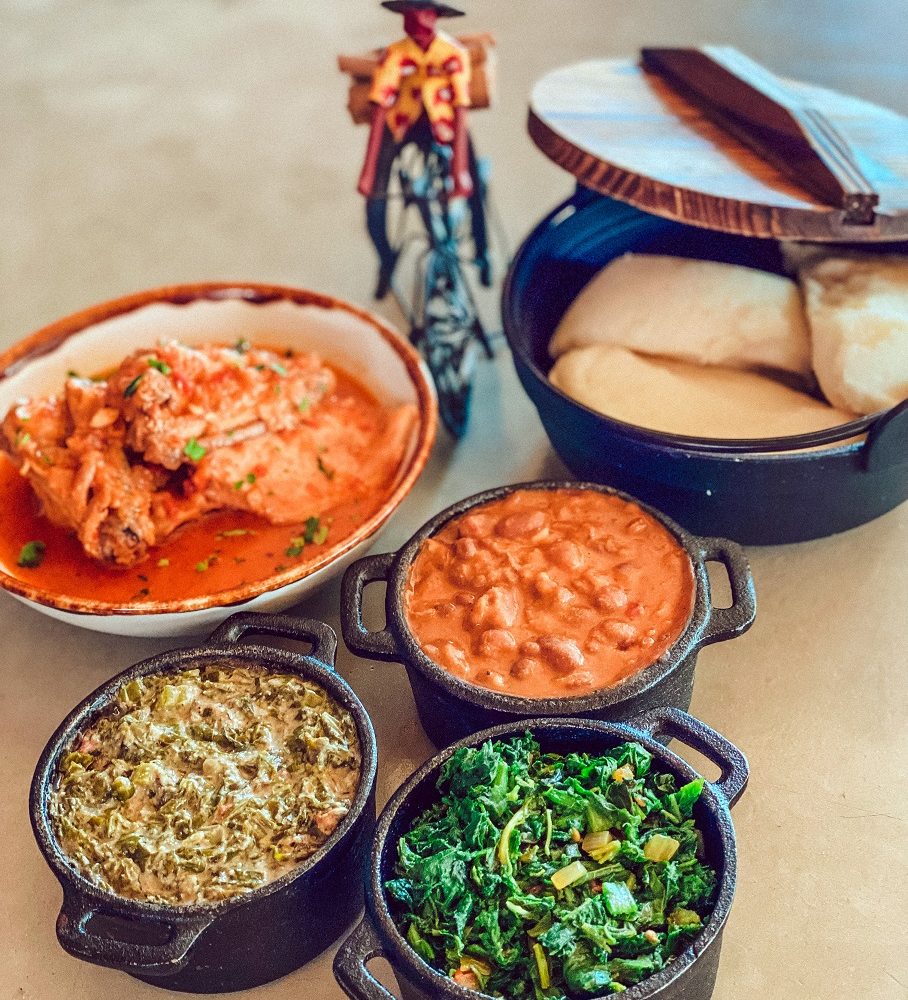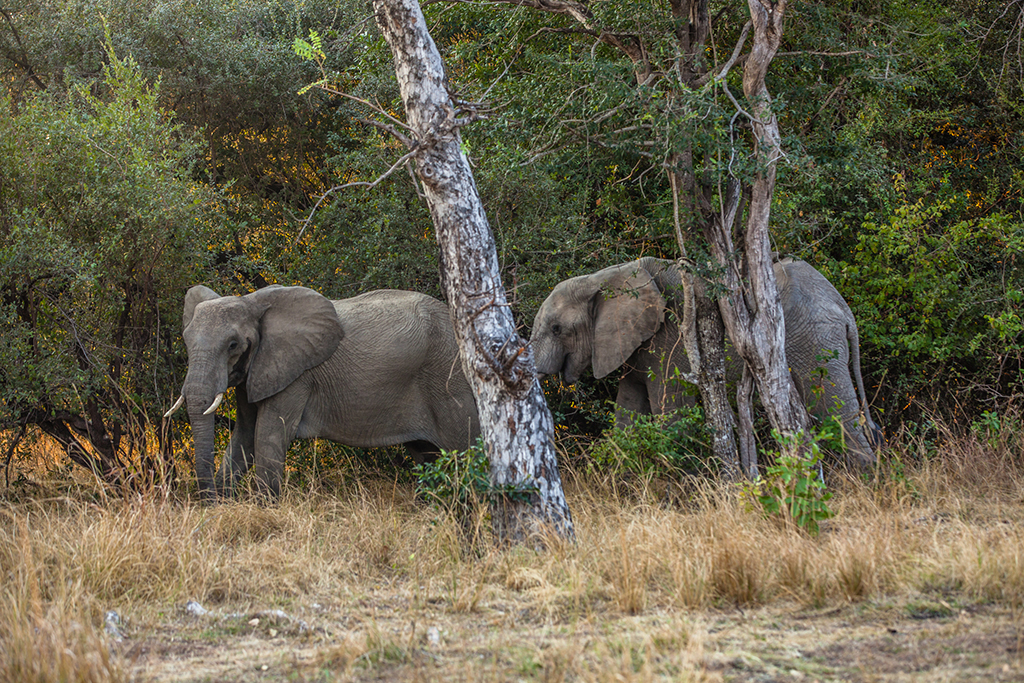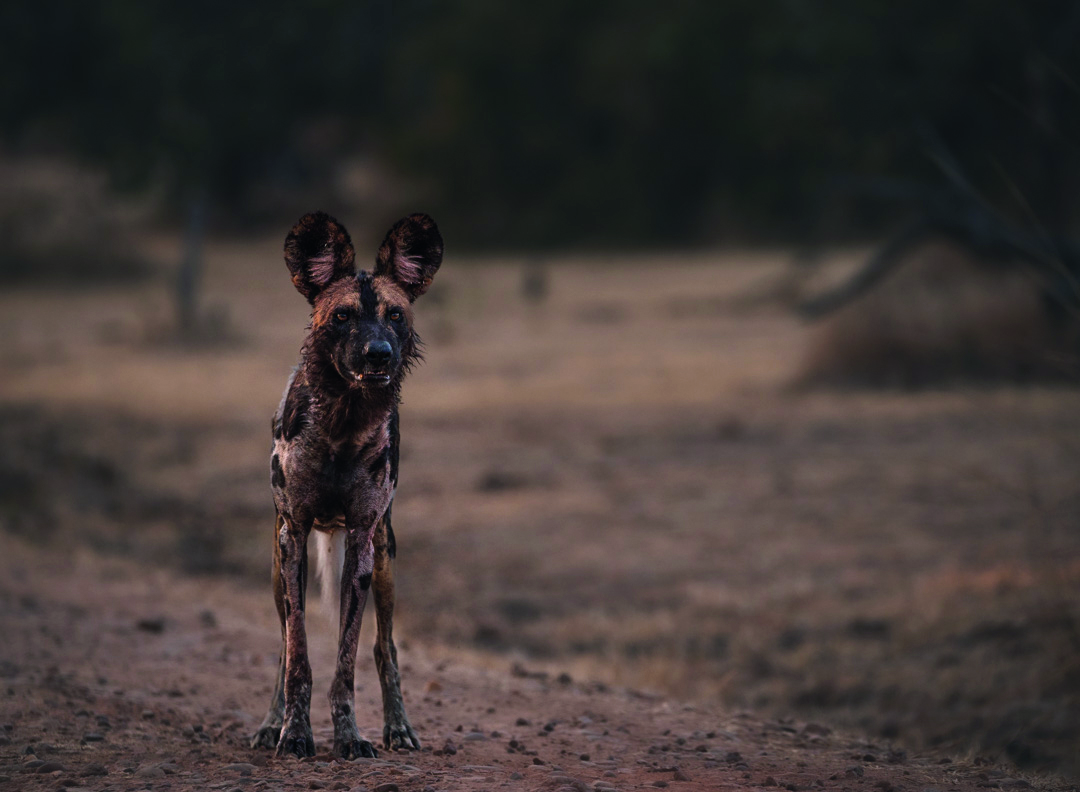If there is anything COVID-19 has taught us it’s the importance of leading a balanced life. The pandemic forced most of us into a stillness that we never knew we needed. A lot of us saw ourselves take on hobbies we never thought we would – like yoga. But let’s be honest, yoga isn’t just a hobby, it’s not just a form of exercise, it’s not some buzzword or a hippie-dippy practice, it’s a lifestyle. As most of us already know, yoga is a group of physical, mental and spiritual practices which originated in ancient India. I spoke with Lusaka-based yoga instructor Kamota Mayondi to find out more about the practice and how it can help transform lives.

Kamota started doing yoga out of curiosity and through the influence of her dad. He had worked in India and when he returned to Zambia he brought back a number of books on yoga that were added to the family library. At around six or seven years old Kamota developed a fascination with yoga and its myriad of poses. As a child she would flip through and copy what she saw and years later that fascination was rekindled in adulthood.

“Fast forward to 2014, I saw a picture online of a beautiful woman inverted in a handstand and I thought, ‘Wow, I want to do this! But I couldn’t. So I did the next best thing – a headstand. I remembered I used to do headstands as a child and gave it a try and to my surprise, I was able to do it so many years later. This led me back to the books. I picked them out and began to read and discover yoga as an adult,” Kamota tells me.
As Kamota’s journey began it quickly became her passion and led to her becoming a yoga teacher. She explains, “I read and taught myself a lot of the poses and only went to class around 2016, when I discovered Kuthuta Yoga and its founder, Towani Clarke, who became my yoga mentor and now our businesses are sister practices. I eventually took my 200-hour yoga teacher training course in 2018, with Kuthuta Yoga. Taking the course really made the last couple of years come full circle. I gained a deeper understanding of yoga and found a community that is a huge part of my life now.”
Yoga comes from a Sanskrit word meaning union. It is a holistic practice. “It has done so much for me with regards to how I see not only myself but the world around me. I am a lot more self-aware and confident. Especially around body positivity, yoga gave me a deeper appreciation of my body beyond what it looks like, down to its functionality. It gave me a deeper appreciation of God, nature and humanity. I am more compassionate, patient and energetic because of the practice. Yoga makes it to the top five list of things that changed my life,” Kamota says.
Part of the way yoga changed her life was that it allowed Kamota, a former auditor, to start her own business; Yondi Wellness, a wellness community that she says is focused on yoga and mindfulness. “I have always incorporated health and wellness as pillars in my life. I used to blog about natural health products and the bigger picture was to someday start a business that promoted health and wellness. It was the natural progression of things. It came from the need to share the positive impact yoga has had on me with more people. Especially people like me…Here in Zambia, I observed that locally not enough black Zambians practice yoga. Representation matters, it’s about taking up space and bringing more diversity to the local yoga community.”
Trying something new can be scary and there are some myths and misunderstandings about yoga that prevent people from trying it. “It’s not a black people thing. Wrong. I do yoga. I teach yoga. And I hope that this helps someone see themselves in me and approach the practice with an open mind. Another misconception about yoga is that it’s a religion, which it is not! It’s a philosophy and can be practiced by people of all religious affiliations if they so choose. The other common myth is related to body type. There are no exemptions to shape and sizes when it comes to yoga. Not even flexibility. Flexibility is a bi-product of yoga, not a prerequisite. What we generally call yoga is really the asana, the Sanskrit word for pose. Yoga poses are a great way to shift your mood and energy. We are staying home more, essentially moving less and transitioning through yoga poses is a great way to move your body. These deliberate movements are a great way to get out of your head and into your body. I am teaching fewer hours than ever before but I always make sure that I do some yoga poses, it always lifts my energy levels, mood and gives me a good night’s sleep. Good rest is also important for mental health,” Kamota shares.
Like many new businesses the COVID-19 pandemic has had its effect on Yondi Wellness. Instagram and Facebook help to stay connected with the clients, sharing updates and positive messages. For online classes, Facebook Live and YouTube were the best way to serve a wider audience. Technology has always been a part of how Yondi Wellnessengages with its community but in terms of teaching yoga it began to play a bigger role. Kamota explains, “COVID-19 hit just when things were starting to come together for Yondi Wellness. Collaboration is what has greatly helped. We were able to work with Your Hair Goals Zambia for a virtual yoga session at their first virtual meet-up. This was also our first virtual yoga class on Zoom.”
While it has been challenging, Kamota reminds me that hers is not the only business that has been affected. “Community is a huge part of yoga and leaning on each other during this time has been a great help. I am so grateful to be working alongside Kuthuta Yoga to serve the wider yoga community. As a way of giving-back, through Towani we have hosted several free Facebook live classes to help people during this time. It has been so hard for people to be calm and in good spirits through all this. Some of our clients are in places that are in lockdown. Providing a space that allows them to keep a routine that promotes movement and helps calm and de-stress you is very helpful in a time such as this.”
Kamota further shares, “It has been really hard to stay positive, especially at first. You’d think, oh you’re a yoga instructor – you should have it together. I didn’t. I was hardly sleeping and felt so anxious about how life and business were in limbo. It was an excellent time to practice what I preach, in this case, teach. Yoga is a holistic practice. The poses are just one part of the eight limbs that make up the practice. I also took to pranayama, which is the limb of yoga that focuses on breathing. My go to technique is alternate nostril breathing. This breathwork technique relaxes and calms you. Everyone who does it gives great feedback on how much more calm they feel. Meditation also helps; what I like to call the ‘be still’ aspect of yoga. Stop, slow down, sit, breathe and just be.”
A holistic lifestyle is yours for the taking; all you have to do is start. Kamota enthusiastically tells me, “We are more than flesh and bones. We exist not just as a body. The mind, the body and soul are all connected. Are you connecting to your higher power – whatever you perceive that to be? It is important because these aspects flow together. If say you are struggling with your mental health, it may manifest in your body. Are you eating too much or too little because of the state of your mental health? Being balanced in these areas is the key to improving the quality of your life. Nourish your mind, body and soul. Neglect in one area often manifests in another.”
As for what the future holds for yoga classes post COVID-19, Kamota contemplates, “An online presence is very important as we wait this period out or create the ‘new normal’ of yoga classes. Will it be face masks for classes of smaller groups? Travel history required pre-signup? Mandatory temperature checks? I am just throwing things out there…I guess we will have to wait and see. As businesses, strategies have changed and will change to respond to the needs of the environment.”
